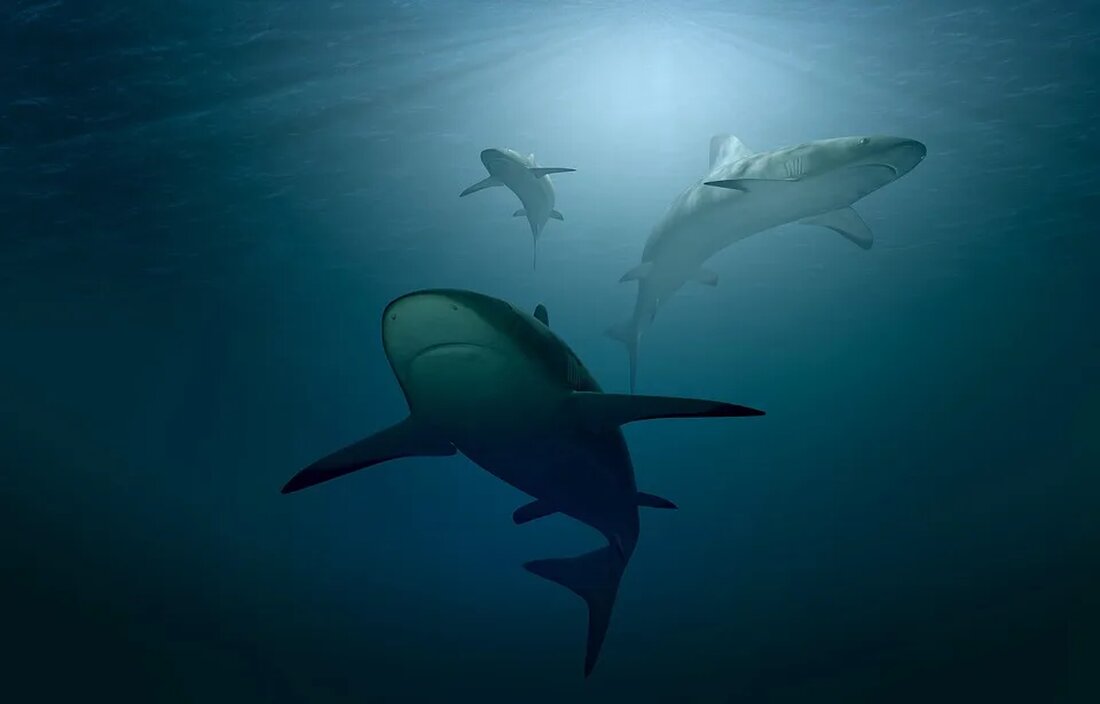The impact of oil pollution on marine life
Oil pollution is a serious problem for the marine ecosystem. It arises from oil transport accidents, oil rig disasters, natural oil leaks and intentional or careless dumping of oil products into the sea. The effects of oil on marine life are diverse and devastating in the long term. In this article, we will delve deeper into the effects of oil pollution on marine life and highlight how human actions can affect marine life. Effects of Oil Pollution on Marine Animals Physical and Chemical Effects Oil spills can cause direct physical or chemical damage to marine life. In the event of an oil spill, oil can damage the feathers of birds or the fur of marine mammals such as...

The impact of oil pollution on marine life
Oil pollution is a serious problem for the marine ecosystem. It arises from oil transport accidents, oil rig disasters, natural oil leaks and intentional or careless dumping of oil products into the sea. The effects of oil on marine life are diverse and devastating in the long term. In this article, we will delve deeper into the effects of oil pollution on marine life and highlight how human actions can affect marine life.
Effects of oil pollution on marine animals
Physical and chemical effects
Oil spills can cause direct physical or chemical damage to marine life. In the event of an oil spill, oil can coat the feathers of birds or the fur of marine mammals such as seals and otters. This causes them to lose their water repellency and thermal insulation. This can lead to hypothermia and often death. Additionally, oil that gets on the body can cause skin irritation or injury.
Chemically speaking, many components of oil are toxic. If swallowed or inhaled, this can lead to symptoms of poisoning. Heavy metals and other soluble components can damage the immune system and lead to other diseases.
Effects on the food chain
Oil spills can also affect marine life's food sources. Oil can cause significant harm to phytoplankton and other marine organisms. It can also damage or kill the eggs and larvae of fish and other marine animals that develop near the surface of the water. This has far-reaching effects on the entire food chain and can destabilize entire ecosystems.
Long-term consequences
The long-term effects of oil spills on marine life are often more devastating than the immediate effects. They can affect both individual organisms and entire populations.
Long-term health effects
Oil can accumulate in the tissues of marine life and cause health problems over long periods of time. It can weaken the immune system, impair fertility and lead to the development of tumors and other diseases.
Impacts on populations and ecosystems
The long-term impacts of oil spills on marine populations and ecosystems are difficult to quantify and can last decades or even centuries. An oil spill can wipe out entire populations and severely impact biodiversity. This can destabilize the ecosystem and affect the ability of populations to recover from disturbances.
Prevention and recovery measures
There are numerous measures that can be taken to limit the damage caused by oil spills and aid in the healing process.
Immediate action
Once an oil spill is discovered, immediate action is required to limit the spread of the oil and minimize the impact on marine life. These may include using booms and suction pumps to remove the oil, treating affected animals and removing oil from particularly sensitive areas.
Restorative measures
In the long term, it may be necessary to take restoration measures to return the ecosystem to its original state. This can include reintroducing species, removing residual oil and restoring damaged habitats.
conclusion
Oil spills pose a serious threat to marine life. They can have serious and long-term effects on individual organisms, populations and entire ecosystems. It is important that we take this threat seriously and take action to prevent oil spills and limit the impact when they occur. This is the only way we can ensure the health and well-being of our marine life and the ecosystems on which we all depend.

 Suche
Suche
 Mein Konto
Mein Konto
